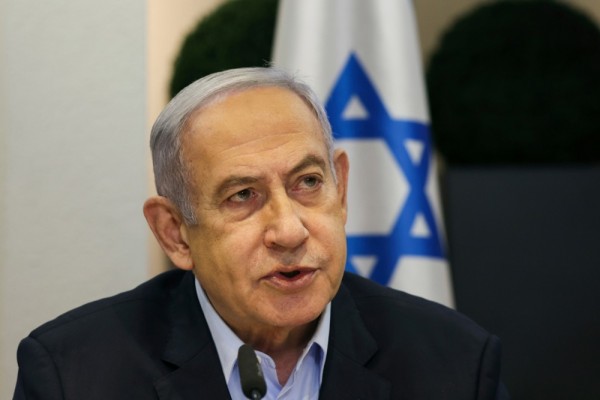A retired Israel Defense Forces (IDF) general’s defamation lawsuit targeting an independent journalist in Israel illustrates how libel laws can be misused to chill critical speech and the need for legislation to curb such abuse, the International Press Institute (IPI) said today.
Israeli-Canadian journalist David Sheen faces a possible fine of 750,000 Israeli shekels (approx. €176,000) in a case by retired IDF Major General Israel Ziv over an article about the treatment of African asylum-seekers in Israel and Sheen’s comments about Ziv online.
Sheen has worked as a journalist in Israel since 2010, first as a reporter and editor for the Israeli daily newspaper Haaretz, then as a freelance journalist writing for local, regional and international publications. His investigative reporting focuses largely on racism and human rights abuses in Israel.
In a Jan. 3, 2017 article for the U.S.-based online news site The Electronic Intifada, Sheen included Ziv in a list of 10 people that Sheen labelled “ringleaders in Israel’s war on Africans”.
Sheen wrote that Ziv, the founder and owner of security consultancy company Global CST, worked to rehabilitate the reputation of South Sudan President Salva Kiir Mayardit after the United Nations revealed that Kiir had allowed soldiers under his command to rape women and girls in lieu of payment during the country’s civil war.
The article referred to a 2016 report by Israeli TV broadcaster Channel 2 on how Ziv and his team had proposed that one of the rape victims be recruited to stand at Kiir’s side while he gave an address to the U.N. General Assembly blaming the crimes on African tribal culture.
Both Channel 2 and Israel Army Radio, which interviewed Ziv on the subject shortly after Channel 2’s exposé, gave Ziv the opportunity to deny the accuracy of quotes attributed to him, but he shrugged them off as meaningless.
Ziv did, however, sue Sheen for defamation over his report, which cited the Channel 2 exposé, and over tweets in which Sheen opined that Ziv was an “arch-racist”, a “racist ringleader” and a “war crimes whitewasher”.
IPI Director of Advocacy and Communications Steven M. Ellis urged the court hearing the case against Sheen to dismiss it.
“The fact that General Ziv is not suing Channel 2, who first reported the allegations, or Israel Army Radio or The Electronic Intifada, but is instead targeting an independent journalist who is more financially vulnerable to this type of harassment, indicates that this is a classic SLAPP suit that should not be allowed to proceed,” he said.
SLAPPs, short for “strategic lawsuit against public participation”, are meritless suits brought to censor, intimidate or silence those who speak out on issues of public interest by burdening them with the costs of a legal defence. Even if the individual who spoke out ultimately prevails, the case can require substantial expenditures of money, time and legal resources.
“The chilling effect cannot be underestimated,” Ellis explained. “Often brought under the guise of a defamation claim, such suits are intended to pressure defendants through mounting legal costs into abandoning their criticism. They also send a message to other journalists that they, too, may face costly litigation for exercising their fundamental human right to free expression.”
Ellis pointed to jurisdictions in the United States and Canada that have adopted “anti-SLAPP” legislation in a bid to curb suits that are intended to chill public criticism, rather than remedy actual harm. Most of those laws allow a court to throw out the suit at an early stage if the defendant can show that the speech at issue was on an issue of public concern and that he or she is likely to win if the case goes to trial. Many of the laws also allow the defendant to collect reasonable attorney’s fees from the plaintiff who brought the suit.
“SLAPPs allow the wealthy to use the threat of expensive litigation to silence criticism and stifle accountability, striking at the very heart of democracy,” Ellis said, arguing for broader adoption of anti-SLAPP legislation. “An informed electorate requires that journalists – and everyone – be allowed to share information on matters of public interest without fear of retaliation.”



